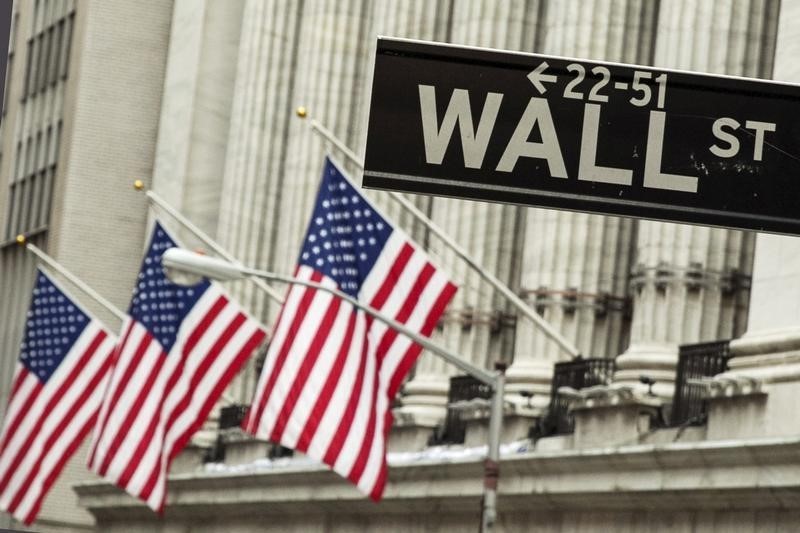Paul Tudor Jones sees potential market rally after late October
Investing.com -- Billionaire investor Paul Tudor Jones believes the stock market could see a significant upward move in the final two months of the year, but expects defensive positioning until late October when several key events converge.
Speaking on Bloomberg TV, Jones identified the last week of October as a critical period when major tech earnings reports will be released, providing greater clarity on the U.S.-China conflict resolution, and coinciding with a Federal Reserve meeting.
"If the Nasdaq is higher going into early November then you have a chance for a real ramp in the last two months," Jones said, though he admitted he’s not currently taking a long position in stocks, preferring to wait "a week or two’s time" before making decisions.
Regarding alternative investments, Jones noted both gold and cryptocurrencies have performed well since what he termed "liberation day." Gold has gained 22% and is currently outperforming Bitcoin, despite approximately $40 billion flowing into both Bitcoin and Ethereum ETFs, matching similar inflows to gold and silver.
"Clearly retail has made a mistake in terms of trying to figure out which of the two debasement trades are going to outperform," Jones said. While previously favoring Bitcoin, he now believes "gold and silver will outperform crypto" through year-end.
Jones also expressed concerns about future inflation, suggesting current fiscal constraints are driving the search for a Federal Reserve chair who will implement easier monetary policy. He pointed to the need to reduce the debt-to-GDP ratio with lower interest rates.
"The only way to reduce debt to GDP is to have nominal growth exceed your interest rate," Jones explained, adding that this economic environment makes it difficult to prevent inflation from rekindling "in a more serious fashion" in about 18 months.
Jones characterized the current global economic situation as "fiat money debasement going on pretty much virtually around the world," with central banks holding bond vigilantes "in check" while being pushed toward accommodative policies.
